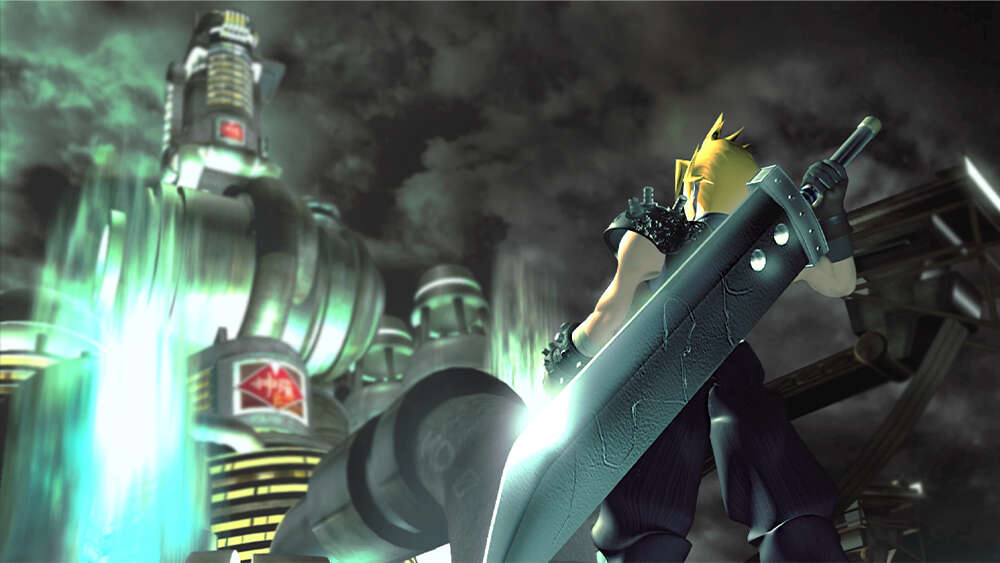
Best Final Fantasy Games, Ranked
Final Fantasy is one of the most important and influential video game series of all time. It’s also one of the most varied. Ever since the original Final Fantasy on NES, the series has experimented and evolved, often redefining the standards for an entire genre. Whether it’s new settings and characters, or radically different battle systems, no two numbered Final Fantasy titles are the same. But which entry is the best Final Fantasy game?
With Final Fantasy XVI on the horizon and seemingly poised to change up the series once again, we decided to look back at the previous mainline, numbered Final Fantasy games and rank our favorites. That means no spin-offs or directs sequels like Stranger of Paradise: Final Fantasy Origin, Final Fantasy X-2, or Final Fantasy Tactics are on this list.
Well, almost all of the mainline games–we left Final Fantasy XI and XIV off this list since they’re long-running MMOs (yes, Final Fantasy XI is still active) that are difficult to compare against their single-player counterparts. But rest assured many of us play and enjoy both and would list them high on our personal Final Fantasy rankings.
For the Final Fantasy games we did rank, however, we’ll include recommendations for the best ways to play them on modern platforms.
And if you want to see how we rank other iconic video game series, check out our lists for the best Legend of Zelda games, the best Monster Hunter games, and best Mario games, too.
14. Final Fantasy II
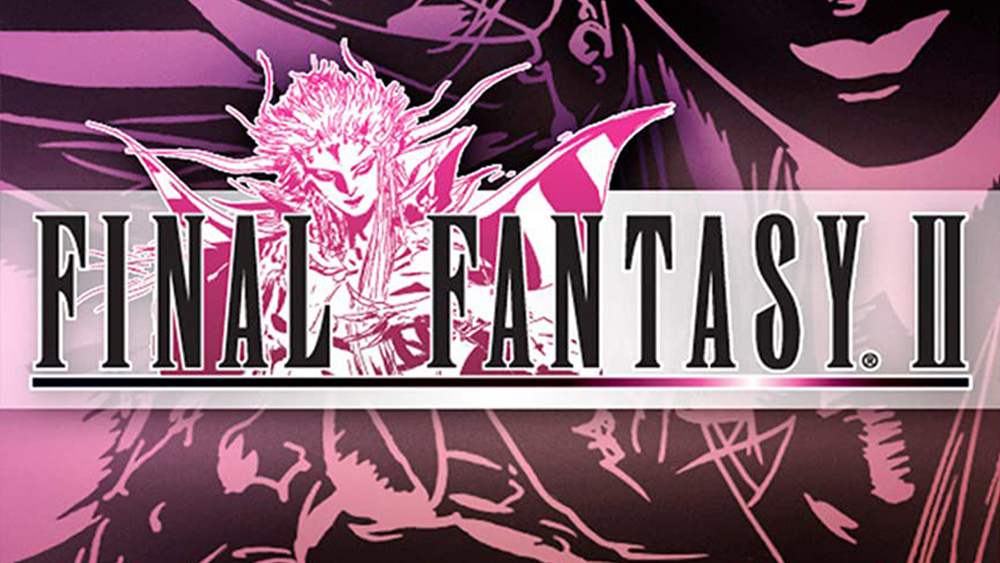
Every Final Fantasy game tries something new, and while some are more successful than others, Final Fantasy II bears the unfortunate reputation as the one that just doesn’t work. Compared to the original Final Fantasy, FFII’s story is bigger, and its bespoke characters are more interesting. However, the more sophisticated story is undermined by a messy leveling system where your party members’ stats grow incrementally by using certain actions. It was a bold attempt to revamp the standard character progression mechanics most console RPGs followed at the time, and while many contemporary RPGs make similar ideas work, Final Fantasy II’s system is inelegant and confusing. Luckily, the various ports and remakes over the years feature easier combat that makes the game more approachable.
The Pixel remaster version on Steam, iOS, and Android is the easiest to find and play, but the Final Fantasy I & II: Dawn of Souls collection on the GameBoy Advance and PSP is often considered the best port of Final Fantasy II if you can find it. There are also ports of the Dawn of Souls version for Android and iOS, but support for modern devices is limited, plus a PSOne Classics version you can grab on the PS3 or Vita PlayStation Stores while they’re still active.
13. Final Fantasy XV

To be fair, it’s commendable that director Hajime Tabata and company were able to salvage and repurpose the misguided mess of Final Fantasy Versus XIII into the competent video game Final Fantasy XV ultimately is. Spinning the classic Final Fantasy rubric of four adventurers on an epic quest into a touching road trip between best friends is also a novel premise for the series, and the chemistry between main protagonist Noctis and his buds Prompto, Gladio, and Ignis is excellent. Final Fantasy XV also ranks among composer Yoko Shimomura’s best work.
Nevertheless, we can’t overlook FFXV’s flawed story pacing and bland combat system. Post-launch DLC ironed out some of these issues, but no amount of polish and bonus content can hide that Final Fantasy XV is held together by threads.
If you want to play Final Fantasy XV, we recommend the Royal Edition available on PS4, Xbox, and PC since it includes most of the DLC. There’s also a mobile version on iOS, Android, and Switch that tells the exact same story complete with the same voice acting and cutscenes, but with a chibi art style and more streamlined gameplay that’s quicker to play.
12. Final Fantasy XIII
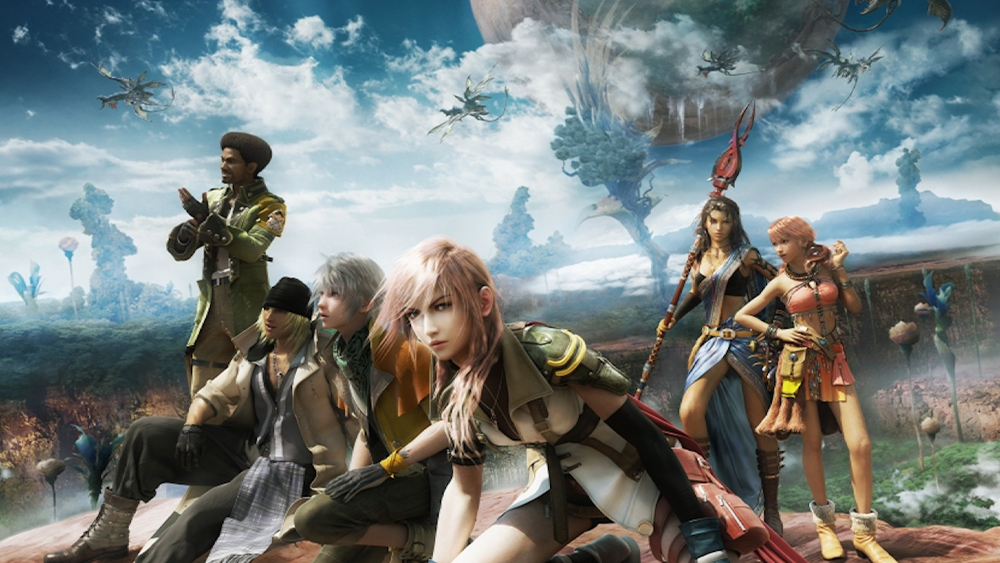
Final Fantasy XIII is one of the best-looking games from the PS3 and Xbox 360 generation, and its combat system was an interesting attempt to merge the series’ turn-based roots with contemporary action RPGs. But whether it was a successful attempt depends on who you ask, however. Similarly, players are also split on the game’s cast–led by the stoic Lightning–and its complex setting and mythology.
But what people find most contentious is Final Fantasy XIII’s structure. Final Fantasy XIII is painfully linear for the majority of playtime, until you’re finally set free in the open world well into the game’s third act. FFXIII also lacks many staple elements of not just Final Fantasy, but RPGs in general.
Still, plenty of players enjoyed Final Fantasy XIII, and Square Enix felt it was successful enough to warrant two direct sequels: Final Fantasy XIII-2 and Lightning Returns. All three games are available on PS3, Xbox 360, and PC, and are playable on newer consoles through PS Now and Xbox Game Pass.
11. Final Fantasy III
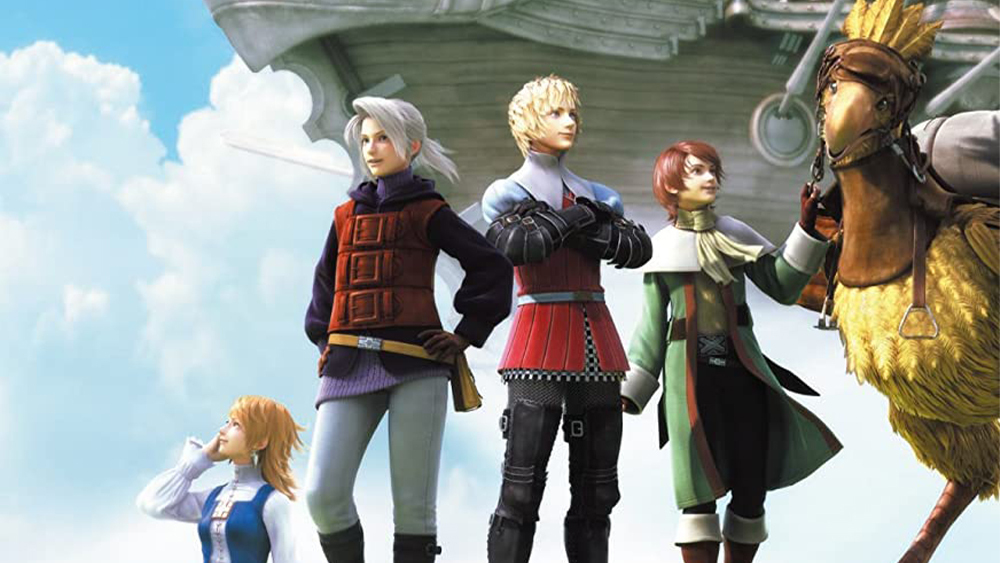
Final Fantasy III is arguably one of the most important entries in the series. It was the first to incorporate iconic elements the series is still known for today, including the job system that would become a semi-regular part of the series, and the furry floating Moogles that are arguably the Final Fantasy mascot. And yet, it’s also one of the few games in the series you can safely skip. Final Fantasy III’s biggest sin is that it’s not Final Fantasy V, which built upon and refined the ideas that III originally introduced.
Final Fantasy III famously skipped the NES, but there are several easily available ports you can find today, including the Pixel remaster on PC and mobile and the 3D remake on PC, DS, and PSP/Vita (if you can manage to find it).
10. Final Fantasy
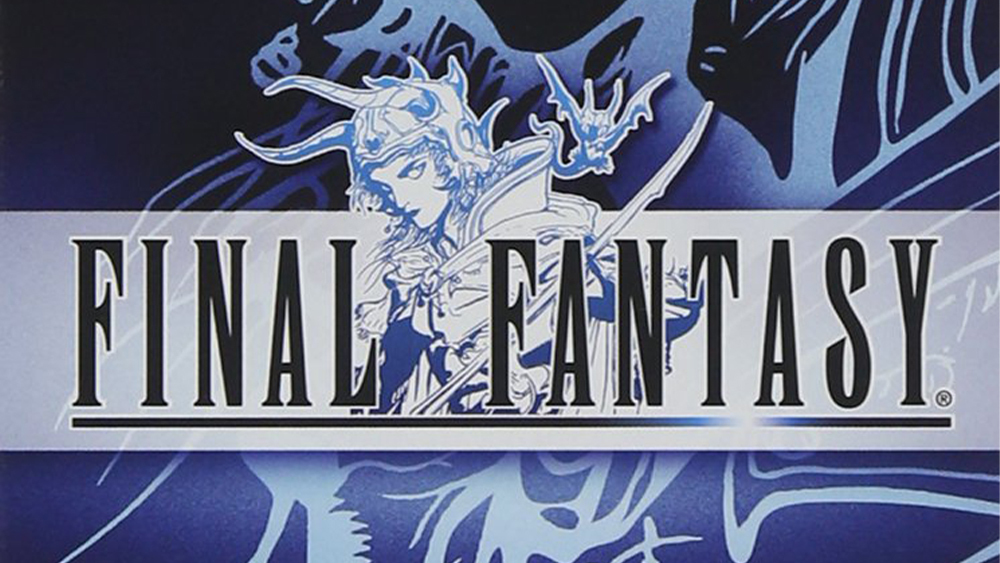
While some see the original Final Fantasy as a simplistic relic of early console RPGs, we find it to be an elegant and enjoyable adventure that still holds up today. It only takes a few hours to complete, but the ability to customize your party’s jobs from the very beginning makes it easy to try new builds each time you play, and the game’s story uses a timeloop as its core conceit, so replayability is built right into the narrative. Like the original Dragon Quest, Final Fantasy is a fun, if archaic RPG you can knock out in an afternoon.
If you recently worked your way through Stranger of Paradise: Final Fantasy Origin and want to see what happens next in the story, fire up the recent Pixel remaster version on Steam, iOS, or Android. That said, if you can get your hands on the Dawn of Souls collection for PSP or GameBoy Advance, we highly recommend it that version because of its rebalanced difficult, quality of life features, and excellent sprite work.
9. Final Fantasy IX
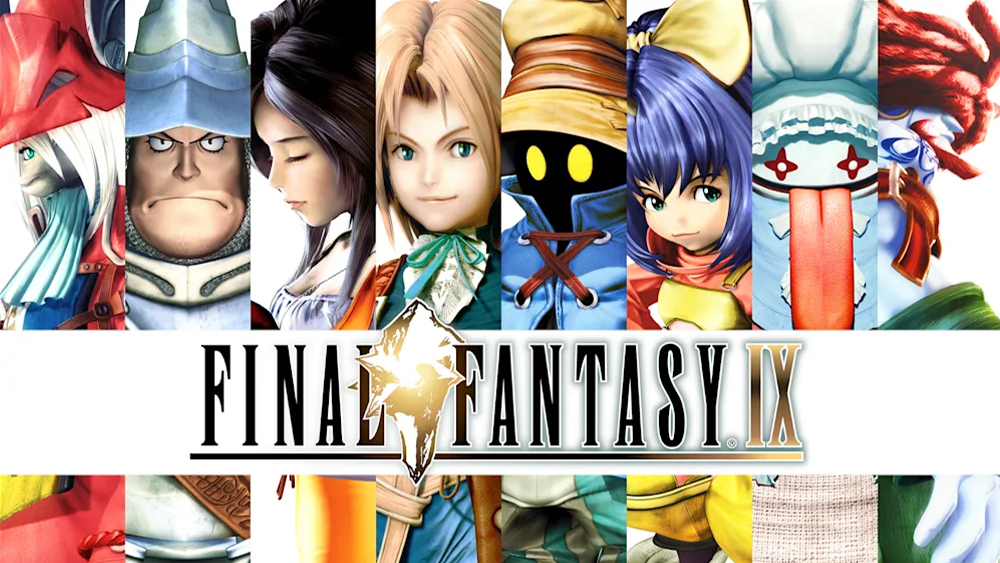
Depending on who you ask, Final Fantasy IX was either a return to form, or a regressive detour. While returning to a medieval fantasy setting populated with cartoony characters was a contentious choice following the successes of Final Fantasy VI, VII, and VIII, It didn’t help that the original PS1 version was bogged down by long load times and spotty performance during battle scenes either. Still, Final Fantasy IX’s story is one of the most compelling in the series. For as cute as characters like Vivi, Zidane, and Freya are, they grapple with deep philosophical and ethical questions that go beyond genre tropes.
Well, at least some of them do. Final Fantasy IX notoriously underutilizes a few of its core party members and has one of the most anti-climactic final boss switcharoos in the entire series. It also foreshadowed the series’ more linear turn, and lacks a lot of the exploration and side content that define many of the Final Fantasies that came before it.
We still recommend playing Final Fantasy IX based on the strength of its core cast and life-affirming message, however. An HD remaster is available on PC, PlayStation 4, Xbox, Nintendo Switch, Android, and iOS, as well as many other devices like the Nvidia Shield. All versions include helpful optional features like turning off random encounters or making your party invincible–though you can of course playthrough without those features as well.
8. Final Fantasy IV
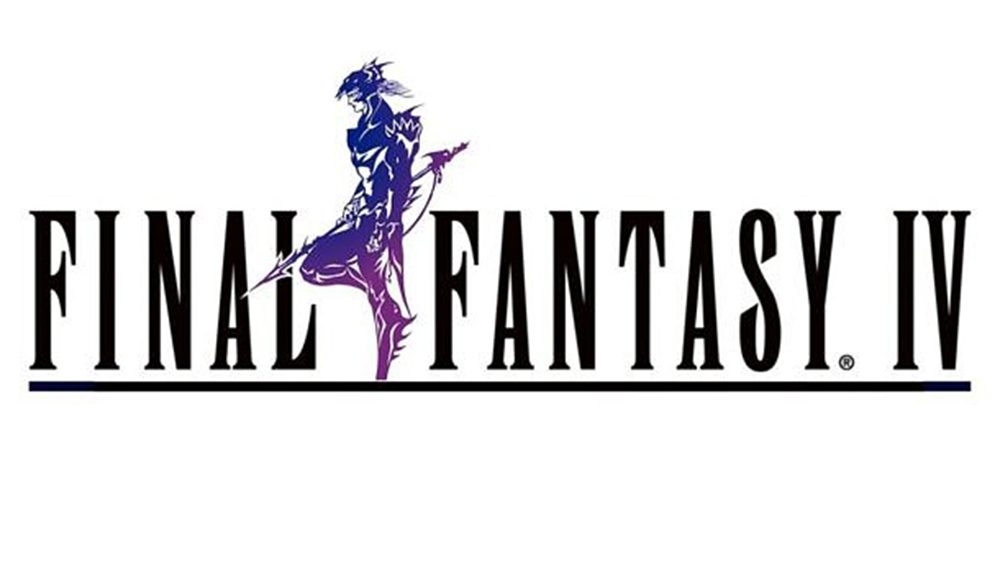
Many fans consider Final Fantasy IV their favorite, and it’s easy to see why. For starters, it was the first to introduce the ATB (active time battle) system, which would act as the series’ core battle system for the next decade. Final Fantasy IV also features one of the most memorable stables of playable characters, and a narrative that outshines the games that came before it. It’s a tale filled with heroic sacrifices, triumphant victories, and shocking twists (even though some are undermined by last-minute mulligans). FFIV even incorporates aspects of Final Fantasy III’s job system into its story, marking character growth with literal class changes.
All that said, Final Fantasy IV shares a similar fate as Final Fantasy III: it became overshadowed by future games that improved upon its ideas (in this case, Final Fantasy VI). That said, Final Fantasy’s unique story still makes it worth experiencing. The most accessible modern version is the Pixel Remaster version on Steam and Mobile. There is also a 3D remake with voice acting available on PC and Nintendo DS. For existing fans, there is a sequel, Final Fantasy IV: The After Years also on Steam, though it wasn’t well received.
7. Final Fantasy VIII
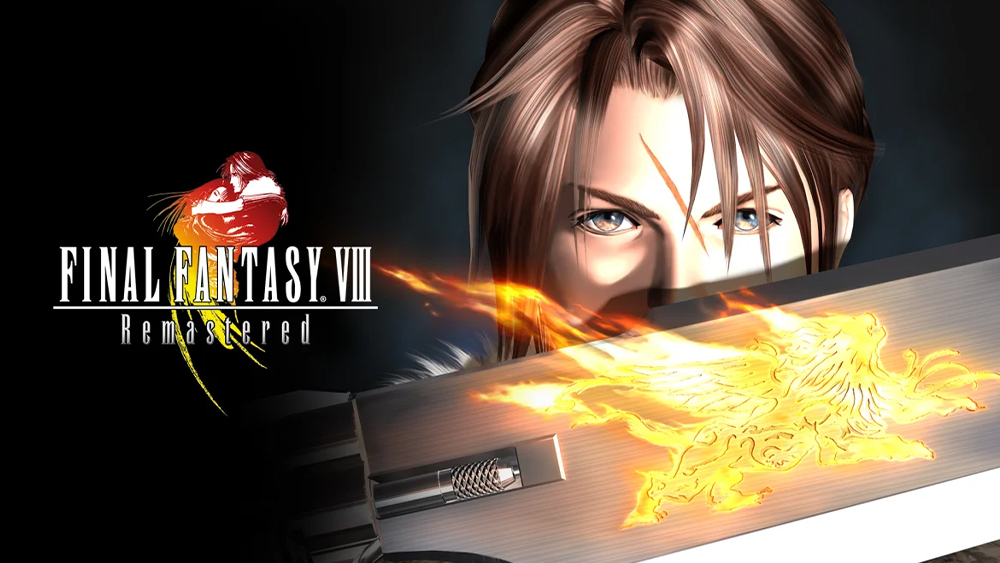
Final Fantasy VIII is a weird game even compared to later entries that stray more aggressively from the Final Fantasy formula.
VIII was the first game in the series to go full-on science fiction, and the character designs were inspired by modern fashion rather than fantasy. The gameplay systems were equally disruptive, dispensing with traditional mechanics in favor of experimental ideas like the Junction System, where character stats are primarily affected by summons, magic, and special skills you equip, instead of leveling up or gear. The game also encourages playing the minigame Triple Triad (yes, that Triple Triad) to collect better cards that can be turned into stat-boosting spells.
As strange as these elements are, they make sense in-game and make for one of the most unique–if polarizing–games in the franchise. But if the mechanics click for you, it’s an excellent adventure filled with tons of side content and deep gameplay grounded by one of the series’ best love stories. These days, the best way to play Final Fantasy VIII is the HD remaster on PC, PlayStation 4, Xbox, Nintendo Switch, and mobile.
6. Final Fantasy VII
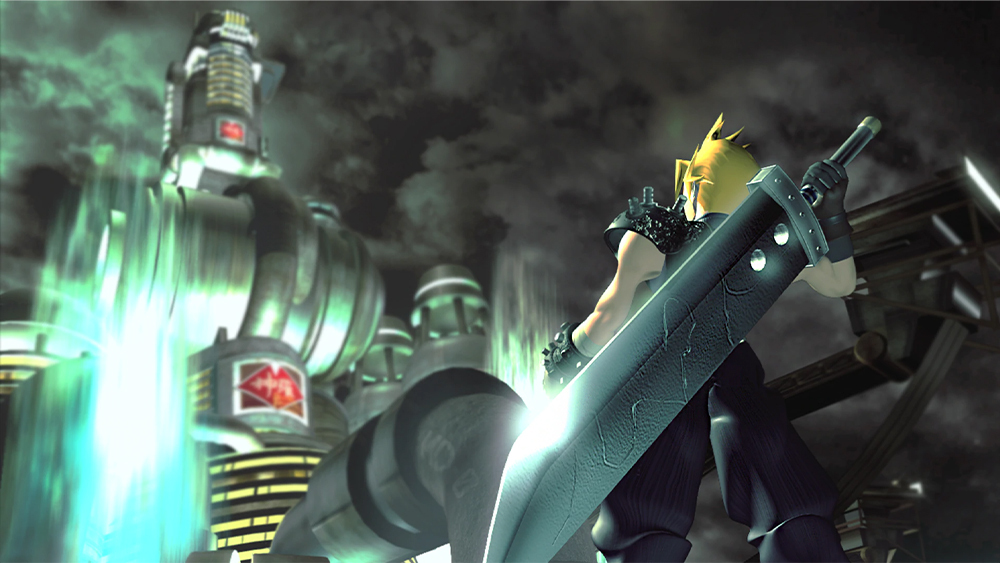
If we were handing each game its own special award, Final Fantasy VII would win “The People’s Choice” award. It’s a cliche to bring up the monumental impact Final Fantasy VII had on gaming, especially in the west, but that success is also why this game is so fondly remembered. It took Japanese RPGs from a niche corner to one of the PS1’s flagship genres, and solidified SquareSoft as the system’s most important third-party developer.
Let’s be fair, though: for as important FFVII is to the success of the series, and to the popularity of JRPGs overall, its gameplay is shallow compared to most of the other games in the series–both before and after. The characters and story, on the other hand, are among some of the best (despite the uneven localization), and the soundtrack features some of the most memorable pieces Nobuo Uematsu ever wrote.
Final Fantasy VII has seen numerous spin offs over the years, to the point you could almost define it as its own separate franchise. You can play the HD remaster today on PC, PlayStation 4, Xbox, Nintendo Switch, and mobile.
5. Final Fantasy V
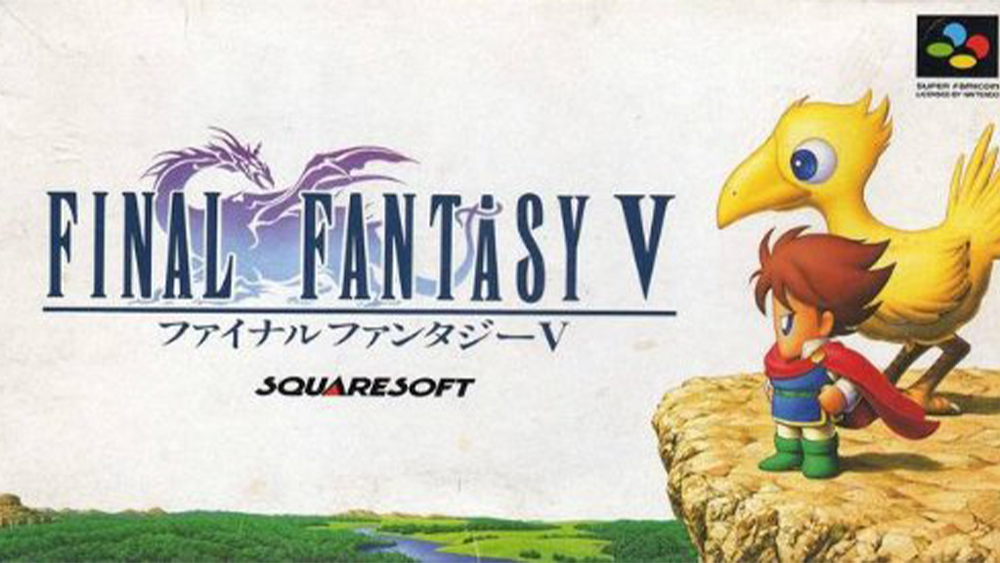
Final Fantasy V doesn’t have the most memorable story, but we feel its gameplay is the best of the early titles. FFV builds upon the job system introduced in Final Fantasy III, adding more Jobs to unlock and skills to master across five unique characters for near-infinite party combinations. It also iterates on the ATB battle system first introduced by its immediate predecessor, FFIV. Factor in all the optional content in the game, and Final Fantasy V is one of the most replayable games in the series.
It’s unfortunate Square didn’t originally release Final Fantasy V outside of Japan. While subsequent localized rereleases and remasters over the years have expanded its global audience, it’s still a criminally underrated JRPG. The best way to play today is through the Pixel Remaster on Steam or the (ugly) mobile remakes, though many die-hard fans still swear by the GameBoy Advance version if that’s available to you.
4. Final Fantasy VII Remake
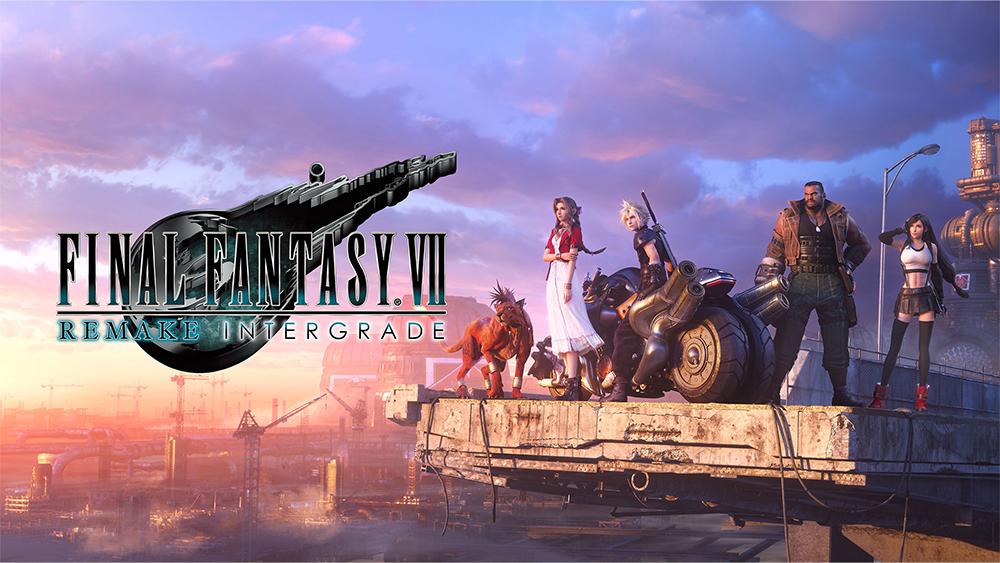
Despite our “no sequels or spinoffs” rule, we made an exception for Final Fantasy VII Remake–which is technically the first part of a multi-game reimagining of the original Final Fantasy VII that expands upon the source material in surprising ways that should be experienced first-hand.
While we love this reimagined version of Midgar, we included Final Fantasy VII Remake on this list for reasons beyond its relationship to Final Fantasy VII and its expanded universe. The fact is, there are several lessons we hope future Final Fantasy games learn from VII Remake. For example, Final Fantasy VII Remake is the first Final Fantasy game to successfully marry elements the classic ATB battle system with action combat, something other entries in the series have struggled to achieve. Final Fantasy VII Remake also isn’t afraid to embrace the weird and humorous elements of the original. Humor was an important part of the series for a long time, but the recent single player adventures took a much darker, self-serious tone.
Frankly, we think the Final Fantasy VII Remake sets the standard that all future Final Fantasy games should follow, and we’re eager to see what the next chapters have in store. Final Fantasy VII Remake is playable on Playable on PS4, PS5, and PC.
3. Final Fantasy X
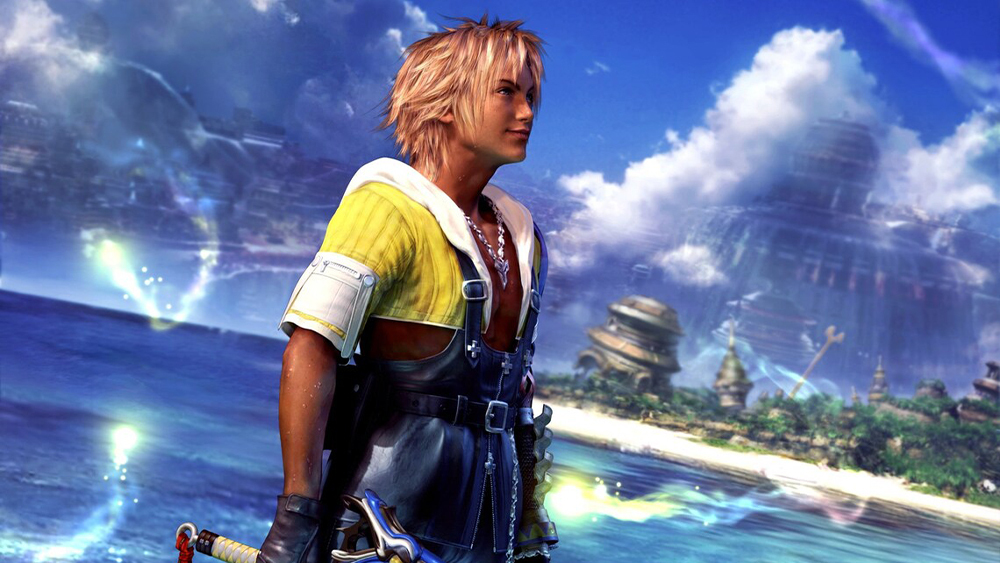
There’s a stark difference between the Final Fantasy games that came before after Final Fantasy X, and those that came after, and Final Fantasy X has a foot planted on each side of the divide.
Final Fantasy X was the first mainline Final Fantasy to ditch an overworld map and made radical changes to the battle system. It was also the first in the series to feature voice acting. At the time, fans felt these changes made Final Fantasy X a major departure, but in hindsight it’s more accurate to call it the last hurrah for “classic” Final Fantasy, as it was the last to feature random encounters, turn-based combat, and the last time series composer Nobuo Uematsu would handle the majority of a game’s soundtrack.
Final Fantasy X is available in an HD bundle along with X-2, a game that is criminally overlooked and definitely worth playing for lovers of FFX. You can grab it for PlayStation, Xbox, PC, and Nintendo Switch.
2. Final Fantasy XII: The Zodiac Age
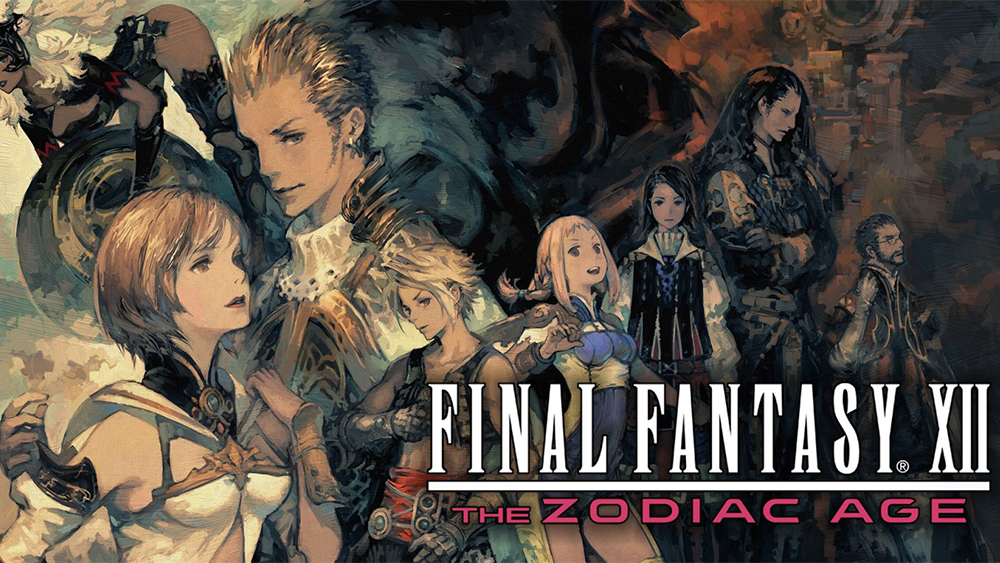
At the time of release, some fans saw Final Fantasy XII as a radical and unnecessary departure that felt out of line with the rest of the series. In hindsight, it’s easier to see XII’s design decisions were actually informed by some of the best Final Fantasy games that came before it.
For example, Final Fantasy XII features a deep, tactical battle system that melds elements from Final Fantasy XI Online, Final Fantasy Tactics, and the classic ATB system from the SNES and PS1 games. Final Fantasy XII is also set in the same world as the Tactics series, Ivalice, which is arguably the most well-developed Final Fantasy setting outside of the MMOs. And the Zodiac Age version adds in the iconic job system found in many other Final Fantasy games.
Final Fantasy XII also introduced mechanics that influenced future Final Fantasy games, notably the Gambit system which provided the basis for the AI Trust party members in Final Fantasy XI and XIV. Its large explorable environments, real-time combat, and MMO-like questing also had a major influence on RPGs in general, paving the way for other large-scale games like Xenoblade Chronicles.
The best version of Final Fantasy XII is the Zodiac Age which adds the aforementioned job system, plus quality-of-life improvements, enhanced visuals and soundtrack, and bonus side content. It’s available on PlayStation, Xbox, PC, and Nintendo Switch.
1. Final Fantasy VI
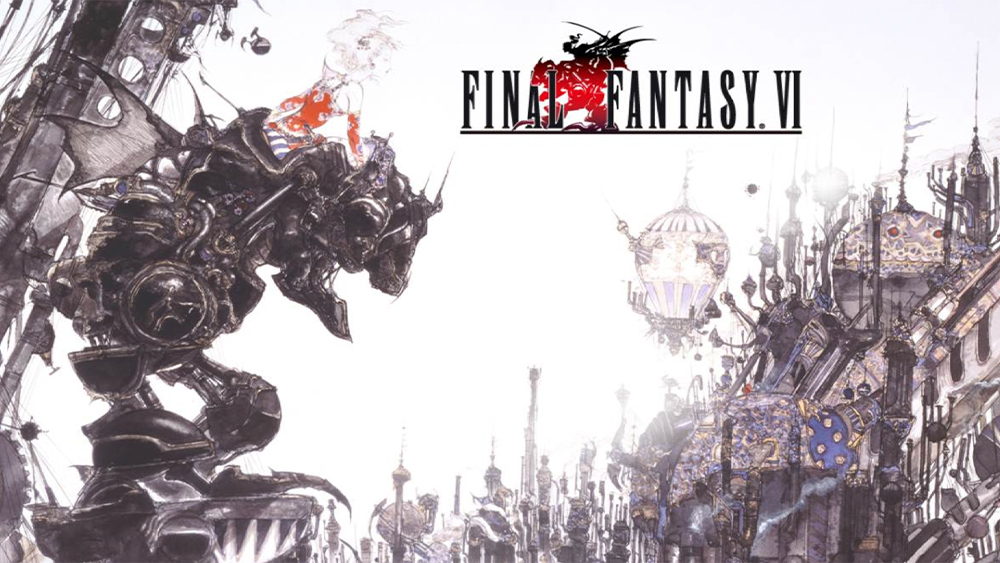
Nearly 30 years after its release, Final Fantasy VI remains the best Final Fantasy game. It was groundbreaking at the time of its original release on SNES for combining the story-focused approaches of Final Fantasy II and IV with the systemic depth of III and V into a single game brimming with powerful storylines, deep character customization, and a vast world to explore. It also deftly balances an ensemble cast of 14 main party members–all of which have fully-realized character arcs and unique gameplay mechanics–plus numerous guest characters and NPCs. And, of course, Final Fantasy VI features the series’ best villain: Kefka.
We won’t spoil anything for those who haven’t played this one yet, but suffice it to say that few Final Fantasy games–and few video games period–attempt the mid-game narrative and gameplay pivot that Final Fantasy VI does. And even fewer manage to nail it like Final Fantasy VI.
The point is: if you’re only going to play one Final Fantasy game, we think it should be Final Fantasy VI. For now, the Pixel Remaster version on Steam and mobile is the most widely available, followed by the (ugly) 2014 mobile version (which is also on PC). Sadly, there’s no official way to play Final Fantasy VI on modern consoles, but we’re hopeful a port will appear one day–or better yet, maybe even a full-on remake.
